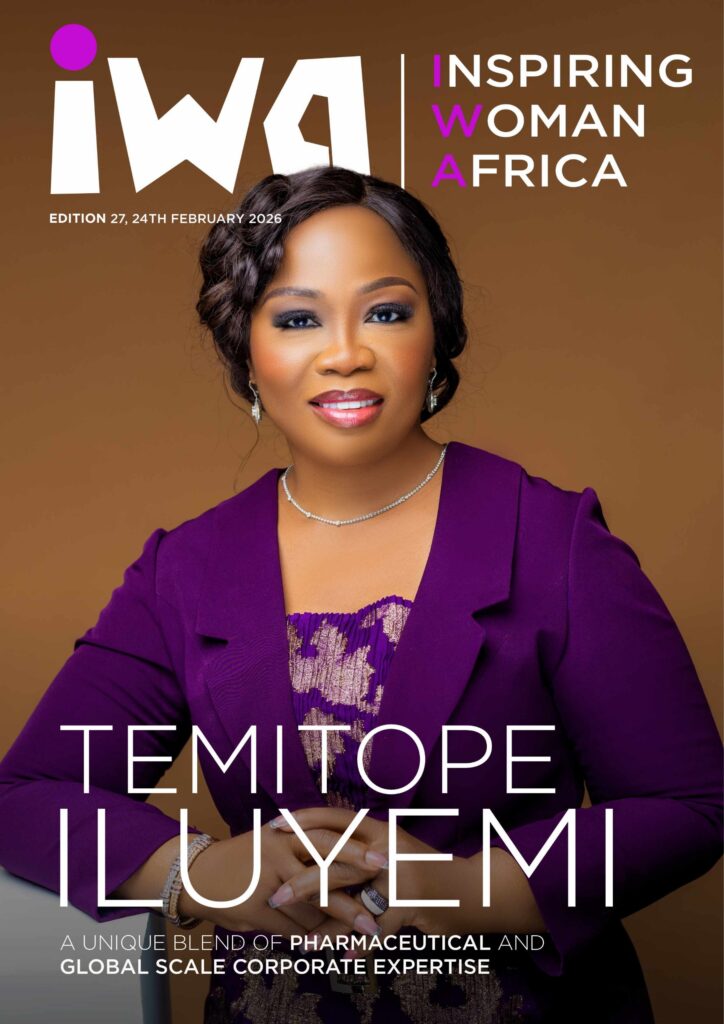
Each year on October 11, the world pauses to honor the International Day of the Girl Child, a moment not merely for celebration, but for sober reflection, bold commitment, and renewed resolve. This global commemoration shines a light on the challenges girls’ face, the inequities they endure, and the immense promise they hold.
In this year 2025, the theme chosen is “The Girl I Am, The Change I Lead: Girls on the Frontlines of Crisis.” It is a powerful declaration: girls are not passive subjects of history, they are catalysts of transformation, even in the harshest conditions. They stand at the intersection of multiple crises, conflict, climate disruption, economic instability, health emergencies; yet in many of these spaces, girls are rising, resisting, leading.
Why This Day Matters
The International Day of the Girl Child was inaugurated by the United Nations in 2012 to amplify attention to issues girls face worldwide: access to education, justice, health, protection from discrimination, child marriage, and more. It reminds us that gender inequality is not just a women’s issue, it is a barrier to human progress and dignity.
For African societies, and Nigeria in particular, the day carries special weight. Across many parts of the continent, the girl child frequently becomes the most vulnerable in times of crisis: drought, conflict, displacement, pandemics, or economic collapse. In those moments, her schooling is interrupted, her safety threatened, and her future endangered. The 2025 theme insists that even in crisis, girls lead; they become first responders, caregivers, innovators, advocates, peacemakers.
The Nigerian Girl Child: Between Promise and Peril
In Nigeria, the paradox is stark. On one hand, there are powerful stories to tell. A young student from Yobe State recently emerged best in English among tens of thousands globally, an evidence to what Nigerian girls can achieve when given opportunities. In many communities, girls are now founding tech hubs, leading environmental and climate change initiatives, campaigning against gender-based violence, and forging their own path in male dominated spaces.
Yet behind these victories lies what some call a “leaky pipeline”. As girls grow older, more drop out of school; are forced to marry early, unsafe sanitary conditions, gendered expectations, and insecurity chip away at their potential. Many regions in Nigeria remain unsafe for girls to commute to school because of insecurity as kidnapping, insurgency, and communal strife all disproportionately affect young girls.
In Africa broadly, harmful practices such as female genital mutilation, child marriage, and discrimination persist despite laws prohibiting them. The African Committee of Experts on the Rights and Welfare of the Child has called on states to strengthen enforcement, defend girls’ rights to education, and ensure girls’ voices are heard in all decision making.
Thus, the girl child in Nigeria and Africa stands at a crossroads of tremendous possibility and persistent challenge. Her success depends not just on her resilience, but on the collective will from the families, communities, governments, institutions, and civil society as a whole.
The Future in Her Hands: What Must Come Next
Commemorating the day is more than symbolism; it must be a commitment to ensure girls’ rights are protected and their leadership capabilities and agency built. To make the 2025 theme resonate beyond rhetoric, we must translate it into concrete change by:
1. Invest in Safe, Inclusive Education: This is to ensure that every girl regardless of location has access to quality schooling. That means building safe infrastructure, providing sanitary facilities, training gender-sensitive teachers, and eliminating financial barriers to her education.
2. Protect Her in Crisis Situations: When emergencies strike, girls should not be invisible. Emergency response frameworks must include gender-sensitive programming as safe shelters, psychosocial support, protection from sexual exploitation and abuse to enable continuity of learning.
3. Uphold and Enforce her Rights: Laws such as child protection laws (Child Rights Acts), anti-violence legislation, and child marriage prohibitions (VAPP Act) must be implemented, not just passed. These legal frameworks must align across all states, and local enforcement must be strengthened.
4. Elevate Her Voice and Leadership: Girls must be included in decisions that affect them, from school boards to community groups, to national platforms. Young women leaders already exist, they just need space, mentorship, and support.
5. Shift Social Norms in favor of Girls: Deep seated gender biases and harmful customs will not vanish overnight. But public campaigns, advocacy efforts through community dialogues, men’s engagement, faith and cultural leaders’ involvement can serve as levers for these change.
6. Harness Innovation and Technology: Digital tools can empower girls by offering remote learning, connecting them to mentors, providing safe reporting channels for GBV, and giving platforms for advocacy.
Though it has come and gone, but International Day of the Girl Child must not merely affirm what girls deserve, but we must act for what they need. The Nigerian girl child must not just exist with future promise but must be a present force. From rural villages to urban centers, she is designing solutions, raising awareness, speaking truth to power. In her story, we see courage, persistence, vision.
To the girls: you are worthy. You are leaders. You are change-makers. To the adults; parents, political leaders, educators, citizens, your responsibility is great, but your opportunity is greater. When you lift a girl, you lift a community. When you free her from constraint, you set a nation free.
Today, we honour “The Girl I Am, The Change I Lead.” May her steps echo in schools, halls of government, and hearts across Nigeria and Africa. Whenever we celebrate the girl child every October 11, let it not pass as a headline, but it must mark a turning point toward equality, dignity, and opportunity for every girl, everywhere.
Dr. Asmau Benzies Leo is a development practitioner with extensive national and international expertise in gender equality, peace-building, governance, and humanitarian action. She holds a PhD in Public Governance and Leadership, a Master’s degree in Conflict Management and Peace Studies, and executive certifications from leading institutions including Howard University, Harvard University and Glasgow Caledonian University. As Executive Director of the Centre for Non-violence and Gender Advocacy in Nigeria (CENGAIN), she has led ground-breaking advocacy initiatives on women’s political participation, gender-based violence prevention, and security sector reform across multiple World Bank, UN and EU-supported projects.
Latest Posts
-
Feb 24, 2026 Busie Matsiko
-
Feb 24, 2026 Seven Money Moves to Make Today






